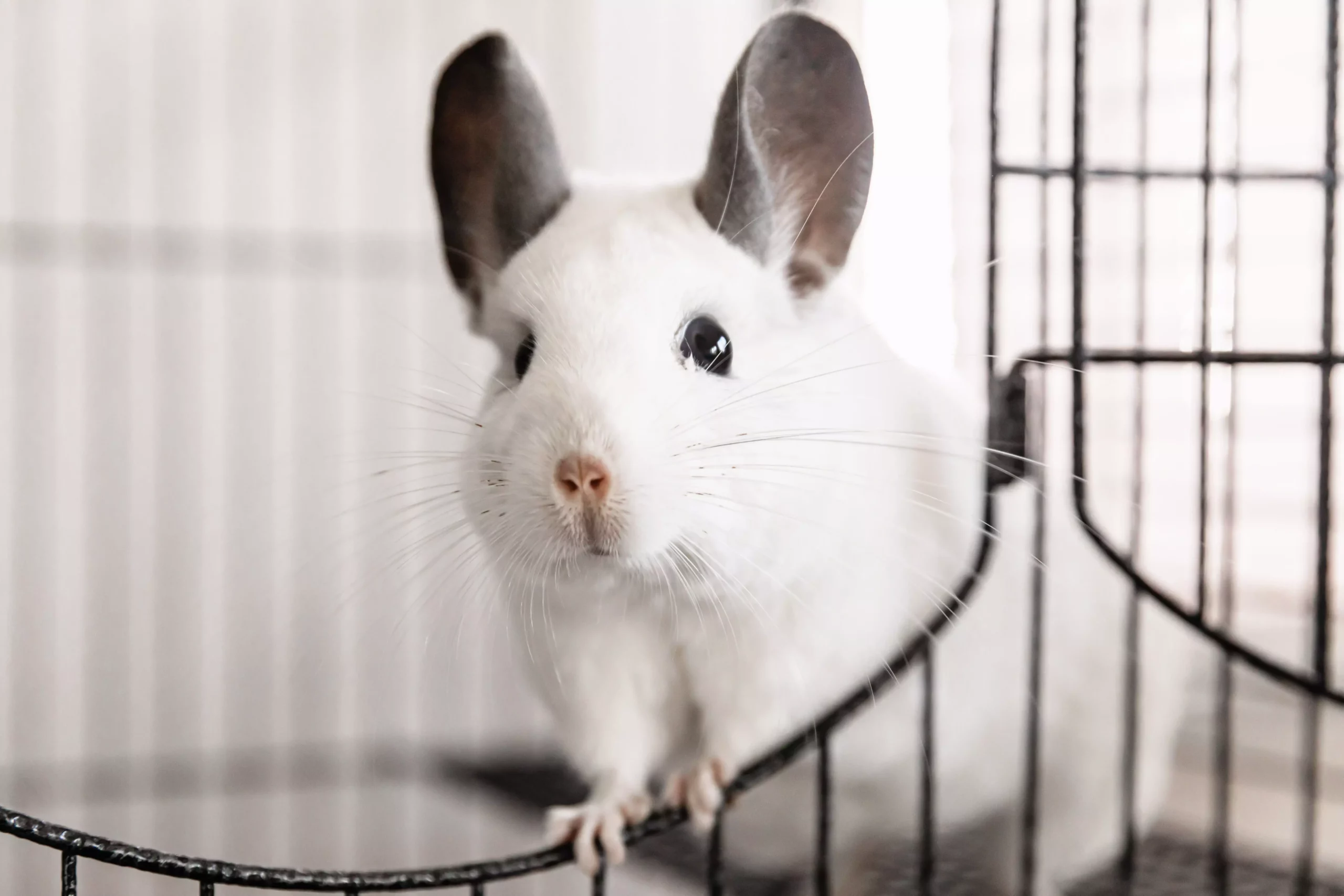Chinchillas, often described as one of the softest creatures on Earth, are small rodents that hail from the rugged terrains of South America. Known for their unique behaviors and exquisite fur coats, these adorable animals offer a distinct companionship for those willing to invest time, care, and patience into building a relationship with them. In this article, we will delve into the peculiarities of chinchillas, their care requirements, and whether they might suit your lifestyle and living situation.
Chinchillas are primarily nocturnal creatures, displaying peak activity during the twilight hours of dawn and dusk. While they may seem adorable and cuddly, their behavioral tendencies diverge significantly from those of more conventional pets like dogs or cats. Rather than craving frequent physical affection, chinchillas exhibit their fondness through playful interactions and unique displays of character. They thrive on exploration and agile movements, making it essential for owners to provide ample space and stimulation.
Moreover, chinchillas are not naturally inclined to bite, particularly if handled from a young age. However, they can be sensitive to sudden movements or loud noises, necessitating a gentle approach when interacting with them. Building trust can take time—some chinchillas may never enjoy being restrained, preferring to frolic around their enclosures or playfully climb on their human companions. By moving slowly and patiently, you can create a bond with your chinchilla that respects its comfort level while fostering companionship.
Housing Requirements for Chinchillas
To accommodate their playful nature, chinchillas need spacious and stimulating environments. An ideal cage setup should offer multiple levels to climb, with solid-floor ramps, platforms, and plenty of perches to explore. The recommended minimum dimension for a chinchilla cage is 4 feet by 4 feet by 3 feet, though larger cages are always beneficial. Opt for wire cages to ensure adequate ventilation, making sure to select models with solid flooring to protect your chinchilla’s delicate feet.
Within the enclosure, it’s essential to provide engaging elements such as exercise wheels (avoid wire meshes), chew toys, and comfortable bedding materials. A safe, non-toxic dust bath should also be provided regularly to maintain the health of their luxurious fur, as chinchillas cannot be bathed in water. Creating a stimulating environment not only secures their physical health but also contributes to their mental stimulation, so including different toys and items for exploration is vital.
As herbivores, chinchillas have specific dietary needs that must be met to ensure they remain healthy. Their primary source of nutrition should come from high-quality grass hay, with timothy hay being a popular choice due to its rich fiber content. An unlimited supply of hay should always be available to satisfy their roughage requirements. In addition to hay, a commercial pellet food can supplement their diet, while fresh fruits and vegetables could occasionally be offered as special treats—just be sure to consult with a veterinarian about suitable options.
It’s crucial to keep a regular feeding schedule and to monitor the freshness of their food to prevent spoilage. Freshwater should be continually accessible, typically provided through a bottle for ease of maintenance. Being vigilant and proactive about your chinchilla’s dietary needs will help prevent common health issues associated with poor nutrition.
Health Considerations
Chinchillas, despite their hardy appearance, can be prone to specific health conditions, including respiratory infections, dental problems, and digestive disorders. Observing your pet’s behavior is important, as even subtle changes can indicate illness. Immediate veterinary consultation is advised if your chinchilla exhibits signs of distress, lethargy, or any unusual behaviors.
Moreover, not all veterinary clinics are equipped to handle exotic pets like chinchillas. Prior to adopting, ensure there’s a qualified veterinarian locally familiar with chinchilla care, helping establish a trusted health protocol for your new pet.
Owning a chinchilla can be a rewarding experience, provided one is prepared to meet their unique care requirements. These exquisite creatures thrive on patient interactions and ample space for exploration. While they may not be the ideal pet for everyone—especially for those who seek a traditional cuddle-buddy—they offer a fascinating companionship for individuals willing to understand their distinct habits and needs.
Chinchillas typically cost between $50 and $200, depending on various factors, including age and source. It’s generally preferable to acquire them from reputable breeders or rescue organizations where their temperament and health history can be assessed.
If you believe you can provide the appropriate environment and care, chinchillas can enrich your life in surprising ways, creating joyful moments of interaction and delight as you witness their spirited personalities unfold. Consider all aspects carefully, and you may find yourself welcoming one of nature’s most intriguing small animals into your home.

